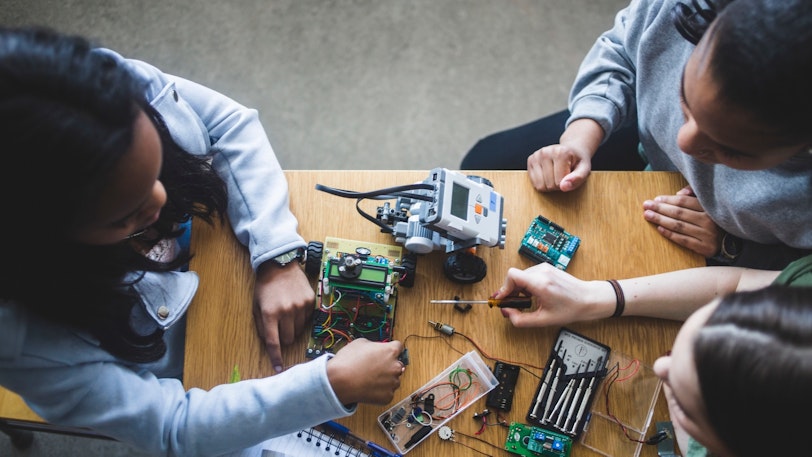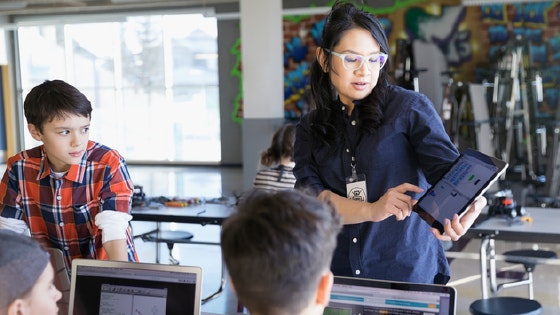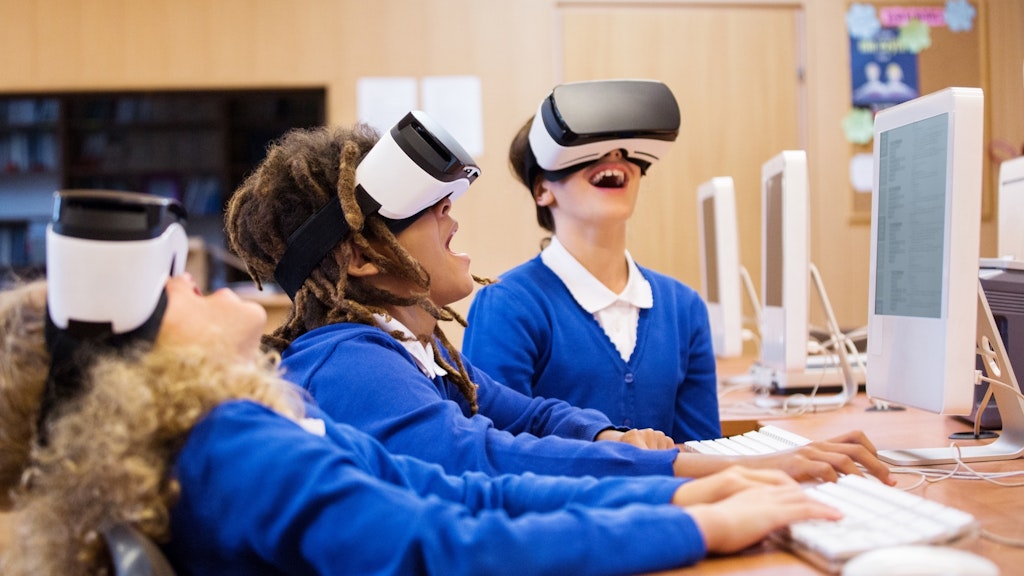
To prepare students for the careers of today — and tomorrow — educators must explore and integrate artificial intelligence (AI) into K-12 classrooms.

Computational thinking (CT) in the classroom combines four pillars for students: problem decomposition, pattern recognition, abstraction and algorithms.

ISTE resources on digital citizenship focus on creating digital citizens who can address ethical questions at the intersection of technology and humanity.

ISTE's edtech product selection tools help education leaders and edtech decision-makers reliably evaluate and select high-quality edtech products.

ISTE is committed to nurturing long-term relationships with international entities who share our mission to create a world where all learners thrive.

ISTE is committed to expanding access to high-quality open-license learning materials, ranging from full curricula and textbooks to individual videos and images.

The STEAM approach to education fosters innovation, values real-world application, builds content knowledge and provides hands-on learning opportunities for students.

New teachers enter classrooms that are technology-rich and rapidly evolving. That's why ISTE is committed to transforming teacher preparation and ensuring digital equity.








